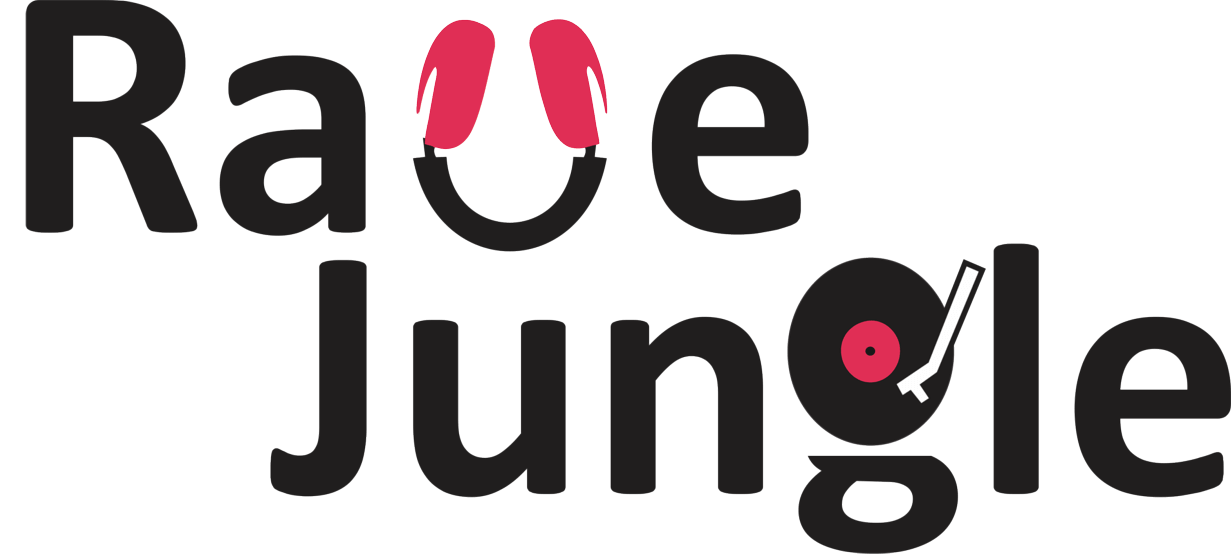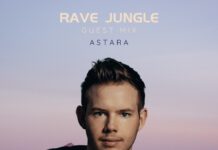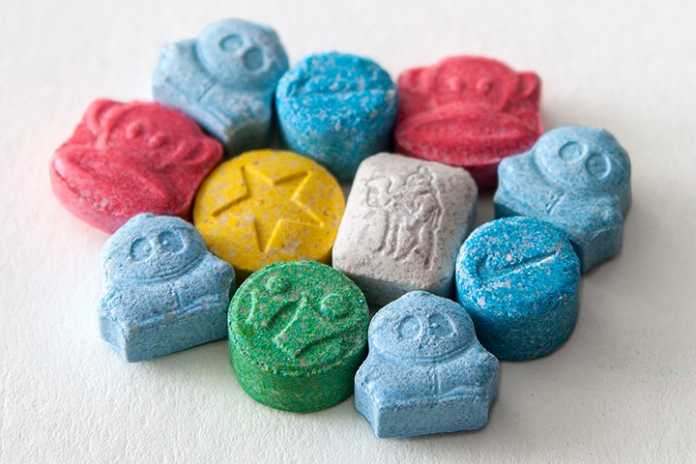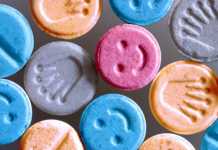Magic mushrooms, MDMA and Ketamine may help us to treat depression in the future.
Clinical major depression is a mental health condition that effects around 350 million people worldwide. Depression leaves its victims with overwhelming sadness, loss of hope, and unfortunately drives some to commit suicide.
Thankfully, over the past decade countless research has been conducted to help treat this debilitating mood disorder, and there has been a lot of progress in terms of treatment with traditional psychotherapy and antidepressant medications.
Now, however, there are some alternative treatments being explored by academic and medical communities across the globe. These methods involve the controversial use of recreational drugs. Courtesy of online health magazine, NetDoctor, here are a few of the most surprising “party” drugs that have been proven to help alleviate the symptoms of major depression:
1.Ketamine
More commonly referred to as “Special K”, this illicit drug renders its users into a dissociative state when consumed, and is frequently used as an anesthetic when treating animals.
When dosed properly, however, ketamine has been shown to have rapid antidepressant effects. Several clinical trials were conducted at the Warneford hospital in the UK (which is the only approved Ketamine treatment center in that area). Professor Celia Morgan from Exeter University, who has studied Ketamines antidepressant properties, had this to say on the results:
“Ketamine has been shown in several clinical trials to have rapid antidepressant effects, peaking at around two days, and lasting, in some cases, up to two weeks in treatment-resistant depression [those who don’t respond to conventional antidepressant treatments].”
Additional studies have revealed that the cause of ketamines antidepressant effects may have to do with it helping growing synapses in the brain, which in turn helps new connections be made between cells more easily, overshadowing any unbalance depression may cause.
2. MDMA
MDMA, or ecstasy / molly, is a top party drug, and causes extreme euphoria and mild psychedelia in its consumers. These effects of MDMA, when used properly, are a bit similar to regular antidepressants, may help those who suffer from depression to displace their negative emotions for a longer period of time.
“The theory behind the idea,” Celia comments, “is that allowing people to experience the euphoria and reduction in self criticism that occurs under MDMA might mean that these experiences can be carried over into normal life when not under the influence of the drug.”
However, since MDMA is known for it’s “come down” effect, where the user experiences days or even weeks of extreme lows after taking the drug, more research needs to be done before this can be used as an official treatment for clinical mood disorders.
“More evidence is needed for the use of MDMA in depression.” Celia continues,“Indeed, some studies have suggested that in the days following MDMA use, recreational drug users experience a mid-week low, which might be problematic for its widespread use in this context.”
3. Magic Mushrooms
“Shrooms” have been widely known for their hallucinogenic and euphoric properties. It’s active ingredient is psilocybin, and they have been cited for a while by experts as a method worth investigating when treating depression.
When psyilocybin is ingested, it reduces blood flow to certain areas of the brain, allowing a more free pathways for emotions to run through. This can free the trap of negative thoughts in those suffering from extreme sadness, and assist in allowing more varied, positive emotions run in their place.
A group of researchers at Johns Hopkins University tested this theory. In this trial they provided medically dosed psyilocybin to cancer patients, who were also affected by extreme depression/anxiety as a result of their diagnosis and treatment.
This was a randomized, double-blined trial, and of the 51 total participants, 92% reported a drop in their typical depression and anxiety symptoms. Of the 92%, 79% followed up to report that the effect lasted over six months.
So what do you think ? Do you believe recreational drugs could have a place in treating depression and other mood disorders?



















